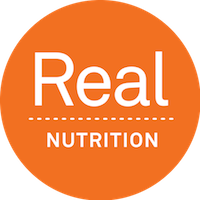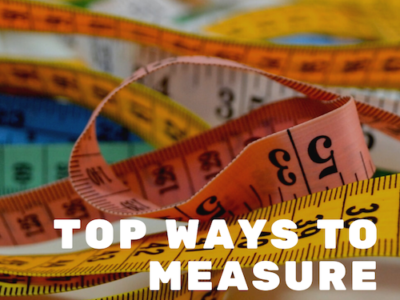Losing weight to become faster
On November 7, Mary Cain’s story broke the internet. A scathing and sad exposé of a rising star athlete, undercut by an abusive coach. The article tells of Alberto Salazar, the Nike coach, telling Mary Cain she needed to lose weight and eat less in order to become faster. Three days prior, I had written a blog post about how you don’t need to lose weight to become faster.
You don’t need to be thin to be fast
What did I know that world-class Nike coach Alberto Salazar didn’t know? A whole lot about sports nutrition. Coaches often are put on a pedestal. They know all. They know what’s best for their athletes. They know how to get results. They know about sports training, sports psychology, sports nutrition, supplements, hydration, strength training, and on and on. Except they don’t know it all. They can’t.
That’s why there are experts in other fields.
A good coach will recognize that they need a support team in place for their athletes. They need an athletic trainer, a sports dietitian, a sports psychologist, and a sports physician. Likewise, a good doctor won’t give you nutrition recommendations and advice. Instead, he or she will refer you to a dietitian. And that dietitian will understand how to help you.
What Mary Cain’s body went through is called Relative Energy Deficiency in Sport (REDs).
Low energy availability, or Relative-Energy Deficiency in Sport (REDs) is a syndrome that describes an athlete suffering negative health effects from not eating enough. This can result from eating disorders, disordered eating, purposefully trying to cut calories to lose weight, or not eating enough by accident (being unaware of how much your body needs).
Some signs and symptoms are:
- Menstrual disturbances (females)
- Low testosterone (males)
- Decreased immunity
- Mood disturbances (irritability, depression)
- Poor bone health
- Increased risk of injury
- Increased risk of illness
- Decreased performance
- Stress fractures
- Decreased cardiovascular health
- Decreased muscle strength
- Decreased glycogen stores
- Decreased concentration
- Gastrointestinal problems
- Stunted growth in children and adolescents
Some of these health consequences are permanent, such as lost bone density and even lost fertility. Some can be improved with addition of more calories in the diet. If you have any of these symptoms, check in with a doctor and sports dietitian to get a full workup. To learn more, check out our on-demand REDs and Disordered Eating 101 masterclass.
The tragedy of Mary Cain shouldn’t happen to anyone else
Where were the sports dietitians? Surely out of the $22.3 billion sales in sneakers alone, Nike could have coughed up the $100,000-$150,000 per year for a qualified sports dietitian. A well-spent investment for the health of their athletes. Ironically, a sports dietitian on staff would have improved the performance of Mary Cain much more than an abusive coach telling her to eat less.
Thinner doesn’t equal faster
Say it again, “Thinner doesn’t equal faster!” Performance is lost when an athlete under-fuels. If you or
someone you care about is suspected of suffering from REDs or eating disorders/disordered eating, reach out for help! A sports dietitian, therapist, and physician can help. Book an appointment online with our sports dietitian.
Want a free fueling guide?

Check out our amazing nutrition resources, including on-demand courses, free downloads, and webinar replays.
- Nutrition for Climbers
- The Ultimate Guide to Useful Sports Supplements
- Ditch Diets and Become an Intuitive Eater
And be sure to follow us on Instagram!
Book an appointment with the dietitian
The defining breakthrough paper on RED-S:
Mountjoy M, Sundgot-Borgen J, Burke L,…Ljungqvist A. (2014). The IOC consensus statement: beyond the Female Athlete Triad—Relative Energy Deficiency in Sport (RED-S). British Journal of Sports Medicine, 2014;48:491-497
~This is general opinion and information only and is not to be taken as medical advice. Always consult with your healthcare provider before undergoing any diet or lifestyle change.
Photo by Zohre Nemati on Unsplash



